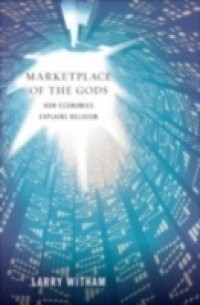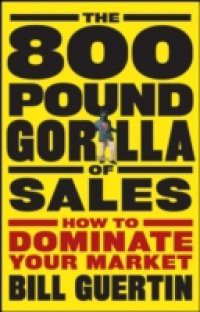Two centuries after Adam Smith illuminated the workings of the marketplace, a new movement among economists and social scientists is expanding his insights into a groundbreaking economics of religion. Using cutting edge ideas from the behavioral sciences, and a deep knowledge of religious history, this new approach is making sense not only of past beliefs, but of religion today. In Marketplace of the Gods, award-winning journalist Larry Witham tells the inside story of this expanding economic approach to religion, the puzzles it tries to solve, the controversies it has stirred, and the people who are making it happen. He shows that the economic approach, while evoking images of stock markets or accounting ledgers, actually begins with a simple idea about human beings as rational actors, judging costs and benefits in life. Every life has limits, so human experience is a series of trade-offs, balancing resources to make choices for the best possible benefits. As the economics of religion shows, this model can be applied to the rich story of the human race and its gods. Beginning with the individual, the choices in religion shape households, groups, movements, and entire religious economies of nations. On the one hand, this mixing of the profane and the sacred, the economic and the religious, is an exciting exchange of ideas between economics, sociology, psychology, history, and theology. On the other, it has spurred a lively protest. Indeed, for some, the economic approach seems to transform our good angels into grubby consumers. As Witham shows, however, the economic approach to religion has insights for everyone, believers and skeptics alike. He illuminates this approach in a volume rich with ideas, history, contemporary events, and the insights of some of our sharpest modern-day thinkers.





 8.84 (58)
8.84 (58) 












